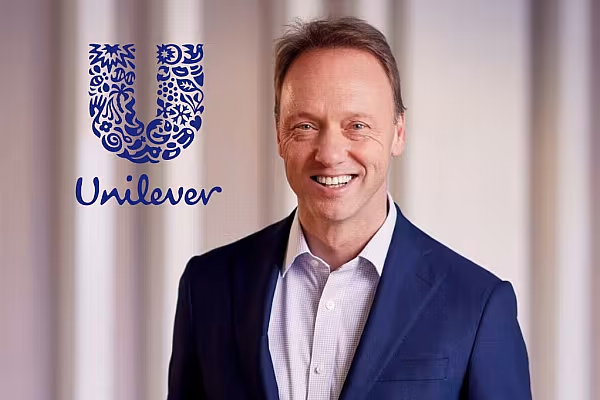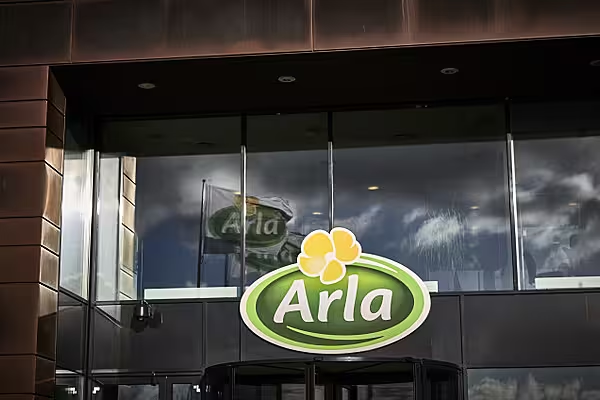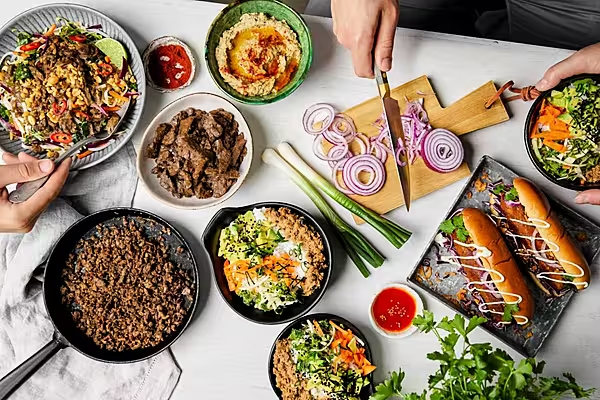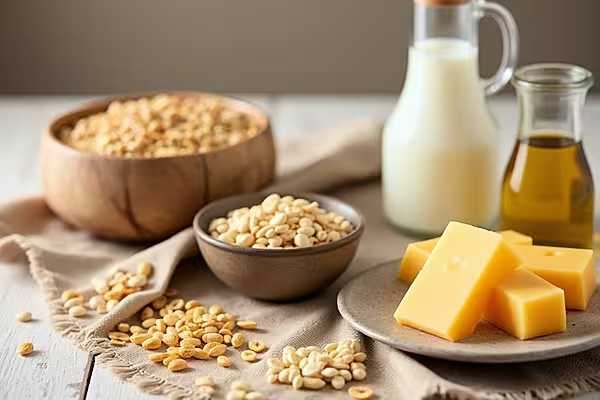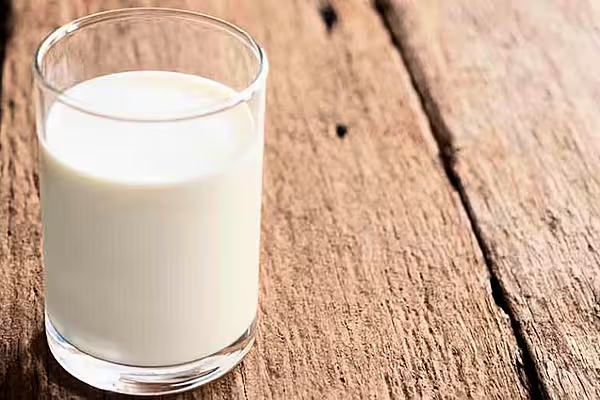The announcement that Hein Schumacher, the chief executive of dairy giant FrieslandCampina, is to replace Alan Jope as CEO of Unilever this coming July, brings to an end the speculation as to who would follow the Scot in taking the helm at one of the world's biggest consumer goods firms.
The announcement comes around four months on from Jope announcing his decision to step down from Unilever, and one year on from a failed bid for GSK's consumer health division, that irked shareholders and led some to contemplate whether the Dove and Ben & Jerry's owner was on the right track.
In the months since, Unilever has sought to put its house in order with the creation of a new structure based around five core business groups, and strategic price increases to offset the challenge of high inflation – announcing its Q3 results in October, Unilever announced that prices rose 12.5%, leading sales to rise 10.6% in the period. Volumes, however, were down 1.6%.
Unilever has also come under fire from activist investor Nelson Peltz, who holds a seat on Unilever's board, while another investor, Terry Smith of Fundsmith, has criticised the group's management for ignoring his request for engagement.
The announcement of Schumacher as the group's incoming CEO, therefore, comes at an ideal time for the group.
'A Sprawling Empire'
“Unilever has become this sprawling empire that desperately needs a sharper focus on what it does best, and not constantly dip its toes into new areas," comments Russ Mould, analyst with AJ Bell. "In recent years it has sold interests in tea and spreads and bought into male grooming with questionable success, while falling flat on its face trying to forge a position in over-the-counter medicines.
“Schumacher would do well to install an open-door culture internally and externally. He needs to rebuild confidence with investors and make a firm plan for how the business will look over the next decade and beyond."
Notably, Peltz appears to have already given the 51-year-old his blessing, having first encountered Schumacher during the latter's time with Heinz. "I was impressed by his leadership skills and business acumen," Reuters quoted Peltz as saying.
The Story So Far
It's not the first time that Schumacher will be gracing the halls of Unilever – he cut his teeth as finance manager at the group's German business between 1997 and 2001 – before moving on to work for Ahold's Asia/Central America business and then joining Heinz, where he held a variety of roles over a ten-year period.
Named CEO of FrieslandCampina at the start of 2018, Schumacher quickly set to work optimising the group's structure – it went from a regionally-organised business to one, like Unilever, which is centred on a number of key business groups (FrieslandCampina Consumer Dairy, FrieslandCampina Specialised Nutrition, FrieslandCampina Dairy Essentials and FrieslandCampina Ingredients).
"We changed how we approached R&D, marketing, selling – ultimately, we put our resources into the units that are closer to the consumer and the customer," Schumacher told ESM when we interviewed him on the sidelines of the 2019 Consumer Goods Forum Global Summit.
The structural changes were necessary, and have proven successful – having weathered the pandemic, in the first half of 2022, revenue at FrieslandCampina rose from €5.5 billion to €6.6 billion. Infant nutrition in China, a key market for the group, saw 'rapid growth' in the period, following a 'strategic evaluation' of the business.
Schumacher and his team have also proven themselves adept at navigating the current inflationary situation, raising the guaranteed price paid to its dairy farmers (reflecting a massive increase in production costs), while also managing to maintain a healthy profit. Operating profit in the first half of 2022 rose to €328 million (from €130 million in the corresponding period in 2021).
While its full-year results – due to be published on 21 February – may show further erosion of profits, resilience is now well and truly part of the operating model at FrieslandCampina.
Sustainability In Focus
Unilever's sustainability ambitions – it is aiming for net zero value chain emissions by 2039, as well as eliminating operational emissions by 2030 – are also likely to have a good custodian in Schumacher, who oversaw the development of FrieslandCampina's own climate plan.
By 2050, the dairy firm is seeking to achieve net climate-neutrality in terms of our scope 1, 2 and 3 emissions, and has already made significant progress on this front – all global production locations run on 100% green electricity, while changes to the animal feed for its cows means that the company is on track for a 33% reduction in greenhouse gas emissions on its farms by 2030.
Schumacher also understands that sustainability can't come at the expense of profitability – a sentiment that will likely ring positive with Unilever's shareholders.
"While businesses need to embrace sustainability, they also have to maintain profitability," he told ESM in 2019. "When it comes to sustainability, there is a trillion dollar economy out there, with no end of new solutions and new opportunities – this is a market in which we want to play."
Setting The Agenda
With Unilever having just implemented a group restructuring, it may take some time for Schumacher to start implementing his own agenda at the consumer goods giant, and as such shareholders may have to bide their time before passing judgement on his forthcoming tenure.
“A plan could take time to pull together and dealing with cultural changes internally certainly won’t happen overnight," comments AJ Bell's Russ Mould.
But in him, they have an individual who understands the swings and roundabouts of the consumer goods landscape – and, more importantly, what the shopper is looking for.
"Consumers demand a certain standard, but they are not necessarily going to pay more for it," Schumacher told ESM in 2019. "I believe that if you go over and above their expectations, developing solutions that are great tasting, convenient and packaged in a way that meets their needs, I think that's a recipe for success."
© 2023 European Supermarket Magazine – your source for the latest A-brand news. Article by Stephen Wynne-Jones. Click subscribe to sign up to ESM: European Supermarket Magazine.
